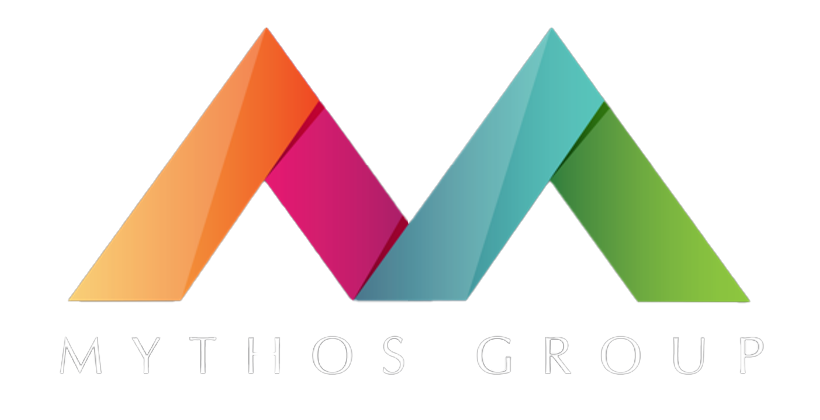Is Remote Work Here To Stay?
The COVID-19 pandemic dramatically altered work culture as we know it. The widespread adoption of remote work shifted the dynamics of the modern workplace. As businesses adapted to unprecedented circumstances, millions of employees found themselves setting up home offices and attending virtual meetings.
Now in May of 2024, four years after the COVID-19 pandemic, as the world gradually returns to a semblance of normalcy, the question looms: Is remote work here to stay?
This article explores the history of remote work, its advantages and disadvantages, and the current debate surrounding the return to the office.
Remote Work Has Been Around For Decades
Remote work isn’t a novel concept. Its roots can be traced back to the 1970s when the first home computer was invented. However, it wasn’t until the advent of the internet in the 1990s that remote work started gaining traction. The 2000s saw an increase in telecommuting as wireless internet advanced, allowing employees to connect with their workplaces from virtually anywhere.
In the 2010s, the gig economy and freelance platforms like Upwork and Fiverr further popularized remote work. Companies began to recognize the benefits of hiring remote freelancers and contractors, leading to a more flexible work culture.
By the time the 2020s arrived, remote work had already gained a foothold in many industries, especially education, computer, and legal. The pandemic merely accelerated a trend that was already underway, making remote work a necessity rather than a choice for many organizations.
Pros And Cons Of Working From Home
Remote work offers numerous benefits, both for employees and employers. One of the most significant advantages is flexibility. Employees can design their work environment to suit their preferences, which often leads to increased productivity and job satisfaction. Remote work also eliminates the daily commute, saving time and reducing stress, which contributes to a better work-life balance.
From a financial perspective, remote work can be cost-effective for both parties. Employees save on commuting costs, meals, and work attire, while employers can reduce infrastructure expenses, such as renting an office space and utility charges.
Additionally, remote work opens up a broader talent pool, allowing companies to hire the best candidates regardless of their location.
However, working from home also presents challenges. One of the primary drawbacks is the potential for isolation. Without the social interactions of a traditional office, employees may feel disconnected from their colleagues and the company culture. This can lead to feelings of loneliness and decreased morale.
Moreover, remote work can blur the lines between personal and professional life, making it difficult for employees to switch off and recharge. The lack of a designated workspace and routine can also impact productivity and focus. For employers, managing a remote team requires effective communication tools and strategies, which can be a significant adjustment.
These pros and cons make it difficult for business leaders to decide which path is right for their company to take.
Employers Call For Return To Office
Despite the advantages of remote work, several high-profile companies have called for a return to the office. Tech giants like Google, Apple, and Amazon have implemented hybrid work models or set dates for employees to come back to the office full-time. Their reasoning often revolves around the belief that in-person collaboration fosters innovation, creativity, and stronger team dynamics.
These companies argue that the spontaneous interactions that happen in a physical office environment are difficult to replicate virtually. They also are concerned about maintaining company culture and ensuring employee engagement.
For example, Google has invested heavily in its office spaces to create environments that encourage collaboration and creativity. By bringing employees back, they aim to leverage these investments and reignite the in-person collaboration that drives their success.
Nevertheless, this push for a return to the office has been met with resistance from many employees. Surveys have shown that a significant number of workers prefer the flexibility of remote work and are reluctant to return to a traditional office setup. Employees appreciate the autonomy and work-life balance that remote work offers and are hesitant to give up these benefits.
Moreover, the pandemic has shown us that many office jobs can be done just as well from home as they can from the office, justifying the notion that in-office presence is not necessary for productivity. This has led to a stark increase in demand for hybrid work models, where employees can split their time between the office and home. Companies like Microsoft and Meta see the value in both remote and in-office work and have adopted these models.
We’ll Help You Choose Which Work Model Is Right For Your Business
The debate over the future of remote work is far from settled. While some companies are eager to return to pre-pandemic office routines, others are embracing the flexibility that remote work provides. The pandemic has irrevocably changed the way we think about work, and the trend toward remote and hybrid models is likely to continue.
Ultimately, the future of work will depend on finding a balance that meets the needs of both employers and employees. The choice between remote, in-office, or hybrid work should be based on industries needs and company values.
By considering business needs along with employee desires, business leaders can create a work environment that is productive, engaging, and fulfilling for everyone involved.
Need help choosing which model is right for your workforce? Contact Mythos Group for a consultation.







